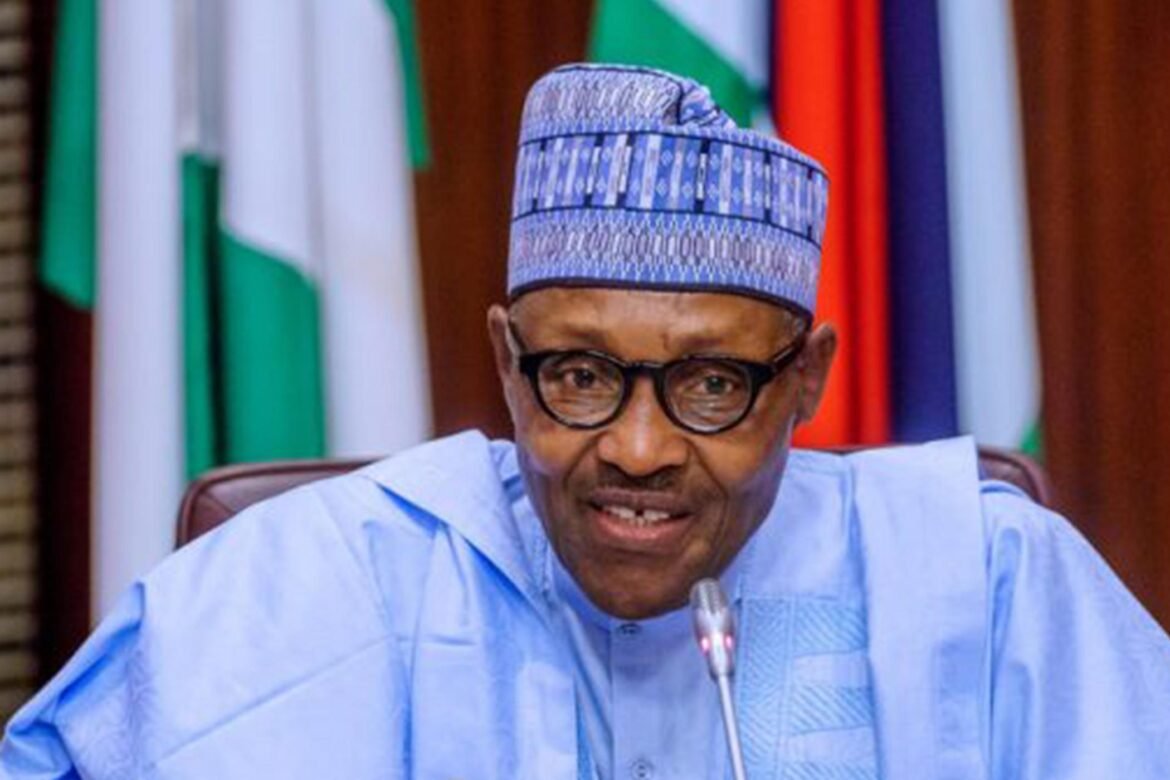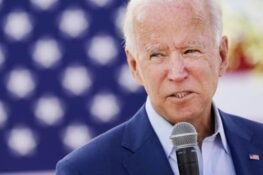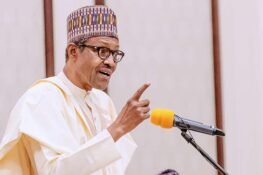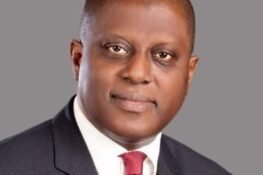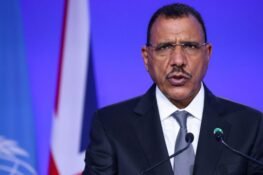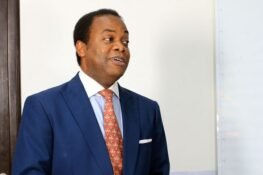President Muhammadu Buhari on Thursday asked strong and developed countries to grant debt reprieve to Africa and countries with weak economies in order to help them to recover the losses to the raging COVID-19 pandemic.
The president, who spoke during a virtual United Nations “High-Level Event on Financing for Development in the Era of COVID-19 and Beyond,” called for a global solidarity to fight the pandemic.
The President joined the discussions at the UN meeting via video conferencing from the Presidential Villa, Abuja.
António Guterres, the UN secretary general had invited Buhari to participate in the session with other world leaders across developing and developed countries.
Canadian Prime Minister, Justin Trudeau and his Jamaican counterpart, Andrew Holness, co-hosted the high-level discussions.
Buhari stated, “The world has changed through COVID-19 and so must the global financing architecture for development financing and the response to the current pandemic. There is an urgent need for weak and needy countries especially those of Africa, to receive a fresh reprieve.
“This is a historic plague affecting every corner of the globe. In the circumstances, the response needed must be global, unconditional, comprehensive, and rapid. Debts must be forgiven and cancelled. Free additional resources are needed urgently through an international consensus to enable poor countries work to reverse the devastations of COVID-19 to the human race.
“Rising now and standing together in true global solidarity to my mind is the only hope for humanity, the best approach to safeguarding the 2030 SDGs and the only way we can build back for more resilient economies and societies.”
The president stressed on the impact of COVID -19 on African countries, especially their loss of revenues, which has made it difficult for them to fund their 2020 budgets.
He noted that Nigeria was hard-hit by the crash in oil revenue, the mainstay of its monolithic economy.
The president, however, spoke on the different measures his administration has adopted to enable Nigeria survive the pandemic.
“For Nigeria, the shocks are multiple, including the sharp decline in international oil prices which has negatively impacted revenues and growth, worsened external and domestic positions, and further increased banking sector vulnerabilities, resulting in enormous human and economic toll on the country.
“We have been proactive in implementing a number of strong measures, including fiscal, monetary and structural policies, and a multi-front response to the health crisis created by COVID-19 which captures all tiers of Government as well as the private sector.
“Our objective is to revert to the government’s planned medium-term fiscal consolidation path once the crisis is over. Our strategy for macro-economic stability is anchored on our home-grown Economic Recovery and Growth Plan,” he added.
